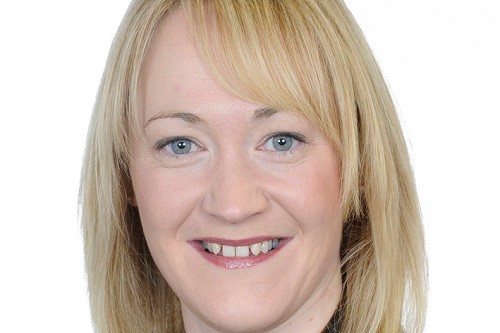Preparing for, dealing with and responding to health and safety incidents requires health and safety professionals to juggle many balls.
Opinion
Tread carefully when sharing personal health and safety data
These include keeping people safe, responding quickly to potential risks, maintaining legal privilege and responding to queries from the regulator and civil claims. At times, some interests can feel competing.
However, over recent years, there has been an increased awareness of the privacy rights of individuals. The pandemic brought into sharp relief the need to carefully balance privacy and health and safety rights. So, what takes priority?
Handling information relating to injuries and medical conditions
Accident reports, witness statements, CCTV (closed-circuit television) footage and details of training will all constitute the personal data of the individuals concerned. As such, the UK GDPR (UK General Data Protection Regulation) – which applies post-Brexit – sets out the legal requirements which must be met when handling the information.
As information about individuals’ injuries will concern their physical and/or mental health, this will be ‘special category data’ for the purpose of UK data protection legislation. This means that additional safeguards need to be in place for the management of such information.
 Laura Gillespie: "Accident reports, witness statements, CCTV (closed-circuit television) footage and details of training will all constitute the personal data of the individuals concerned."
Laura Gillespie: "Accident reports, witness statements, CCTV (closed-circuit television) footage and details of training will all constitute the personal data of the individuals concerned."
Lawful basis for processing
When handling personal information, the ‘controller’ (that is, the company or organisation who decides what information to collect and why), must ensure that it has a lawful basis to hold the information. This includes where the processing is necessary for compliance with a legal obligation or where it is for the ‘legitimate interests’ of the controller or a third party – so long as it does not override the individual’s right to privacy.
If the information concerned contains medical information about an individual, then an additional ground for processing must be met. This includes where it is necessary for the defence of a legal claim or to protect the vital interests of the data subject where they are not able to give consent.
Need for transparency
Hard wired into the privacy legislation is the need to be fair, lawful and transparent when handling people’s private information. Usually this is achieved through the publication of a ‘privacy notice’ wherein it is explained what information an organisation will hold about an individual and with whom it might be shared.
Can personal data be shared with regulators, insurers or the supply chain involved in an investigation?
While the utterance of ‘data protection act’ can often be used as a reason not to share information, it is not impossible to do so.
What it does require is that health and safety professionals take four key steps:
1: Identify whether there is a lawful basis to share the information with the party concerned
2: Consider whether the need for transparency has been satisfied
3: Only share what is necessary, and
4: Document the reasons for the decision.
The Information Commissioner’s Office (ICO) has recently published a new Data Sharing Code of Practice, which aims to reassure when it is possible to lawfully share personal information and what steps should be out in place when doing so.
ICO Data Sharing Code of Practice: bit.ly/3yhvSo5
Laura Gillespie is a partner in Pinsent Masons’ Litigation and Regulatory Compliance team. She specialises in data privacy and cyber security matters. Contact her at: bit.ly/3krCCfS
OPINION

Alcohol – the negative impact on work and workplaces
By Dr Jamie O’Halloran, IPPR on 02 January 2026
New IPPR research shows that most employees expect their employer to play an active role in reducing alcohol harm. Senior staff, in particular, believe employers have an even greater responsibility. Yet in practice, many employees say they do not see their employer taking meaningful steps to minimise harm.

Beyond 2025: The journey towards a safer world
By Mike Robinson FCA, British Safety Council on 22 December 2025
As 2025 draws to a close, we reflect on a year of success and safety. It also allows us to look forward to the coming year, recognising that with each new year comes the unbridled hope and opportunity to create the safest year in human history for the workers of the world.

How to create a neuroinclusive workplace
By John Robinson, Schofield Sweeney on 09 December 2025
The modern workplace is a diverse environment. Most workforces will be made up of individuals representing the majority of the groups protected under the Equality Act 2010.



